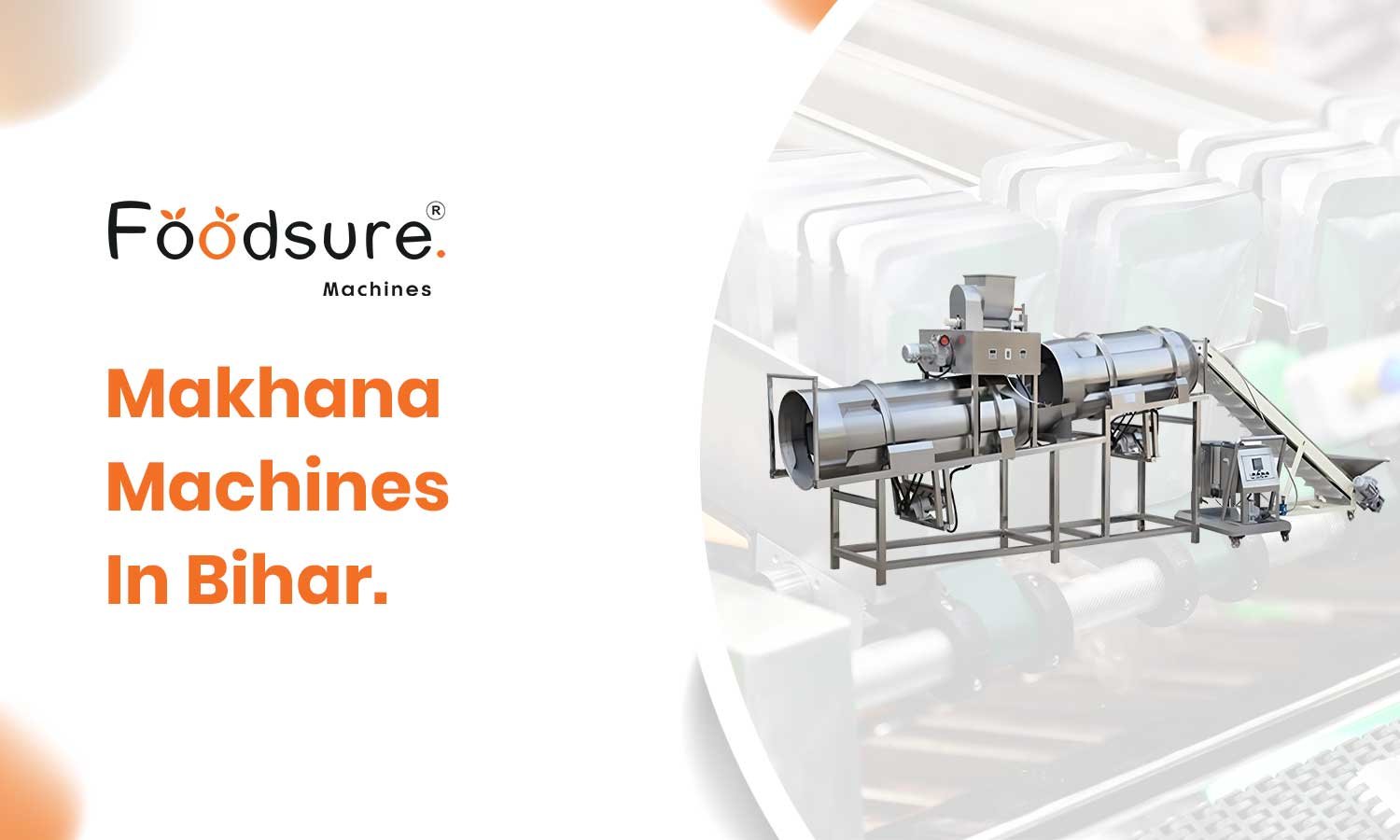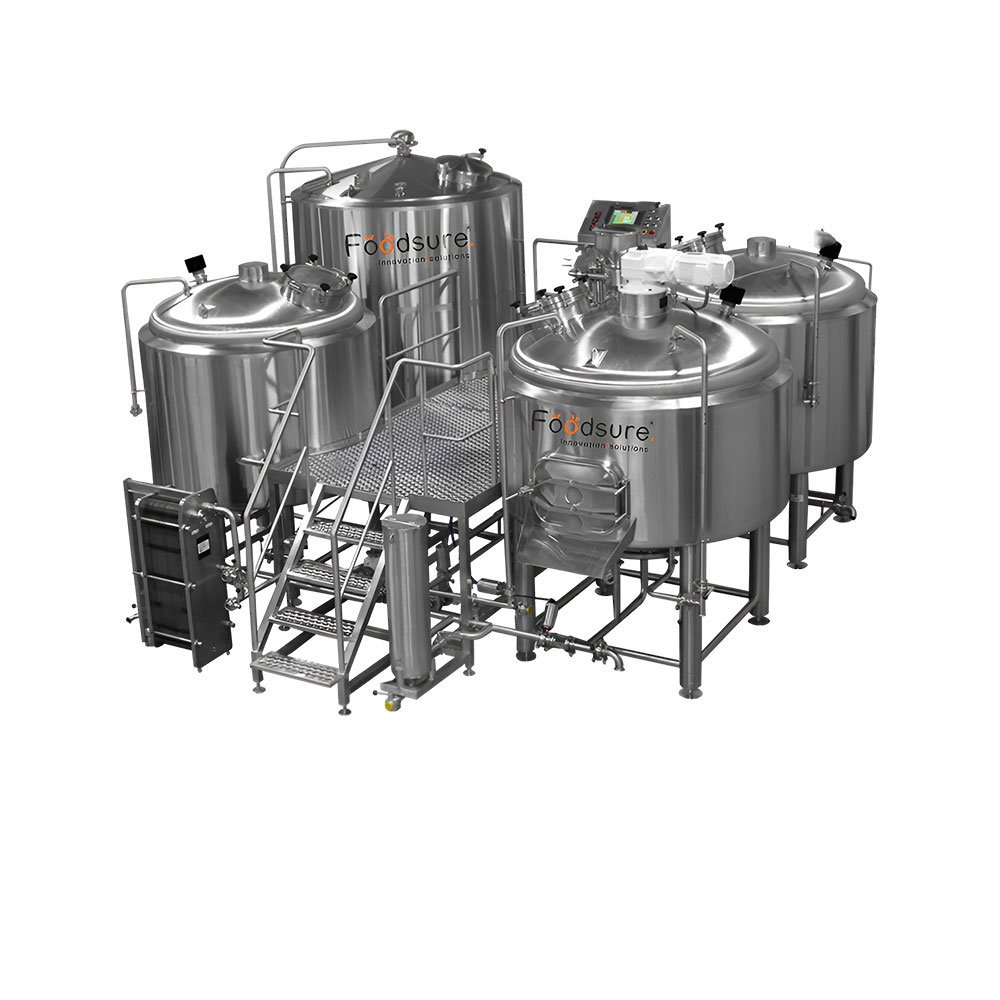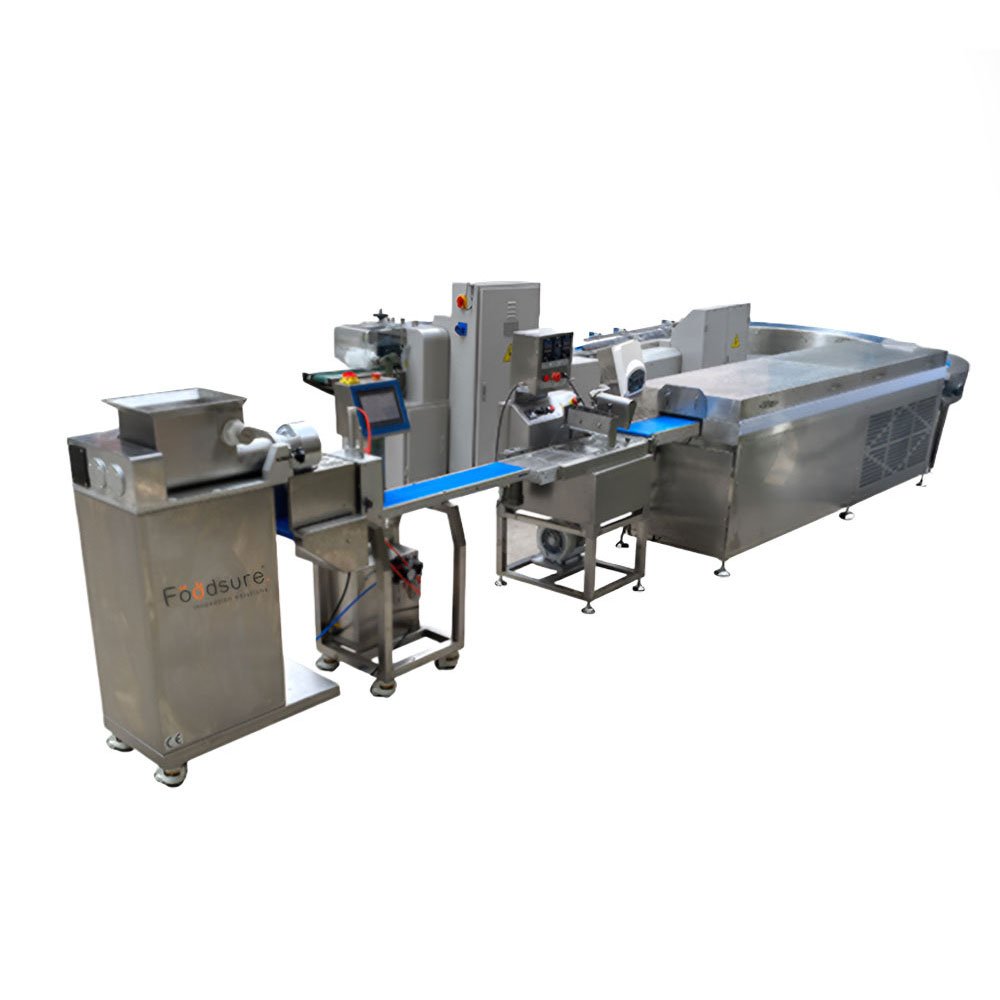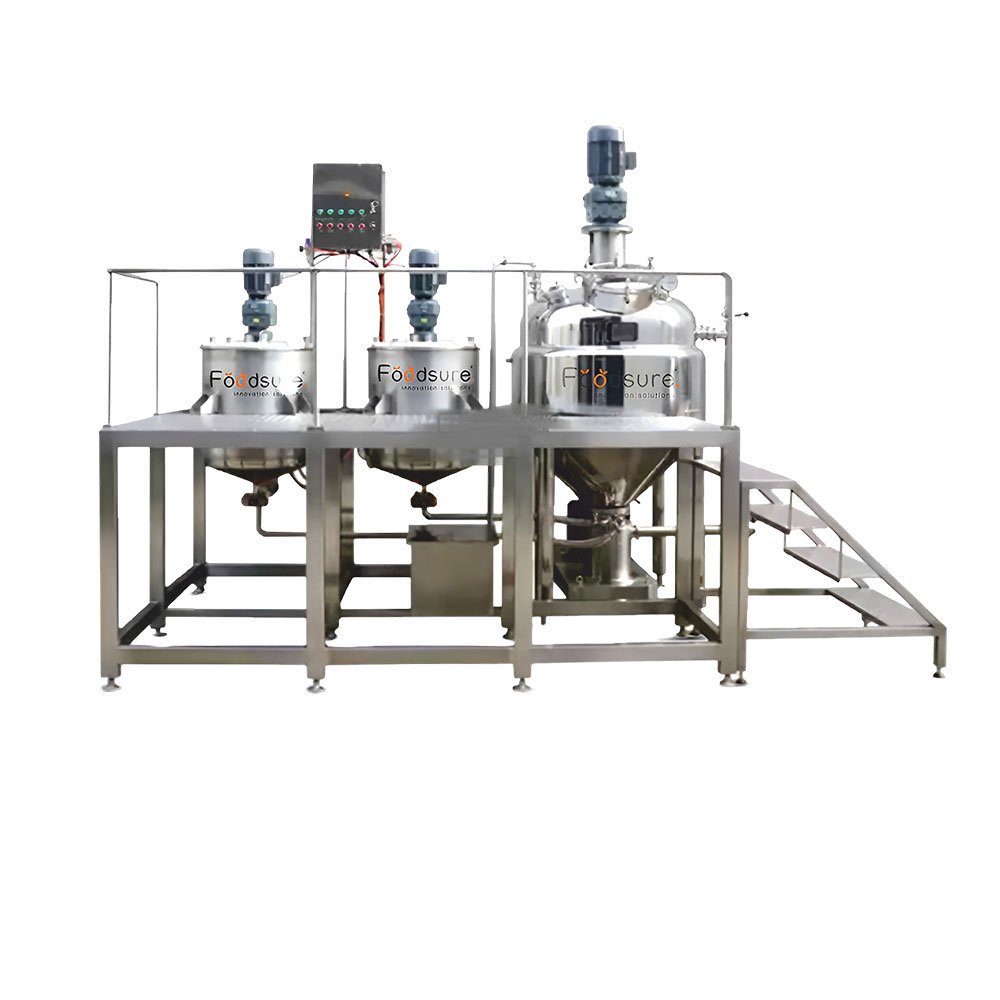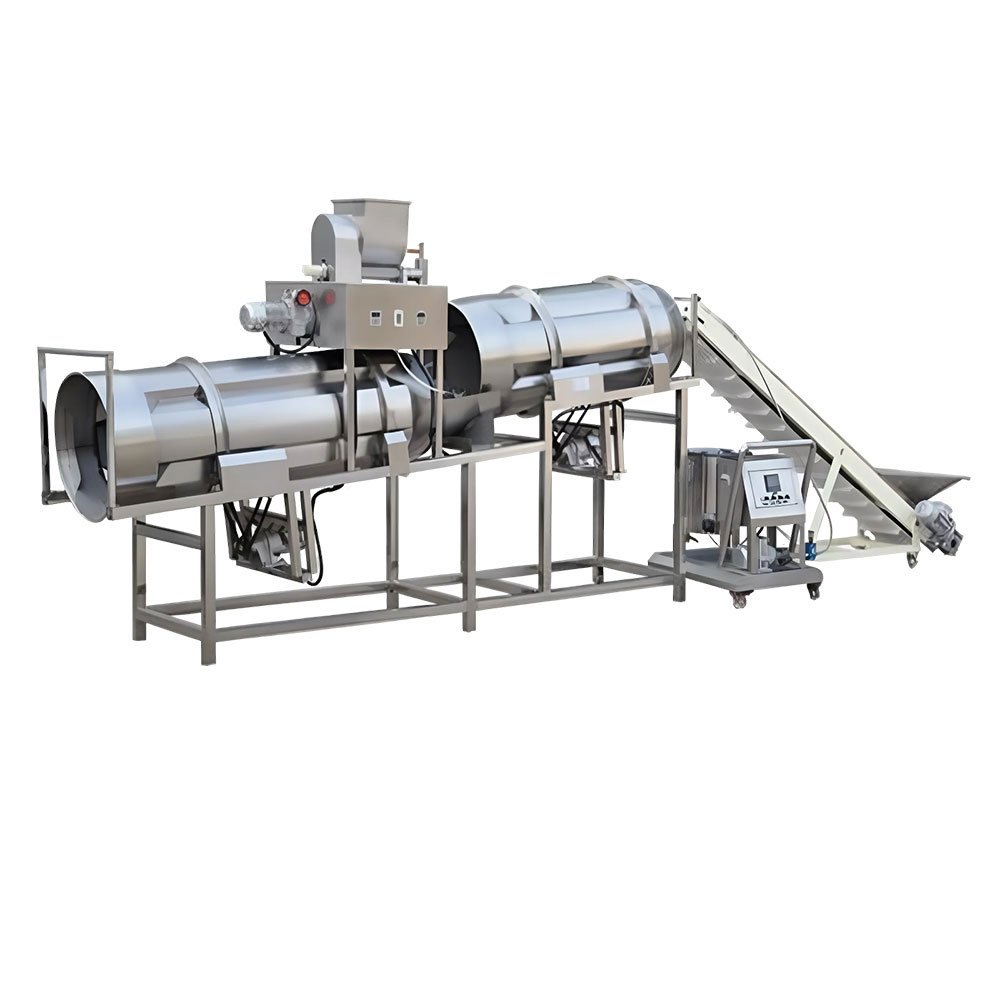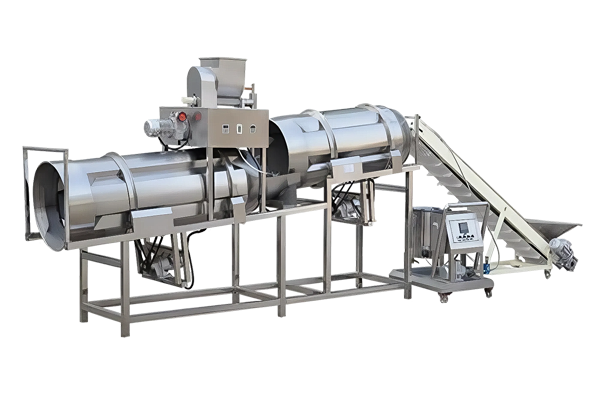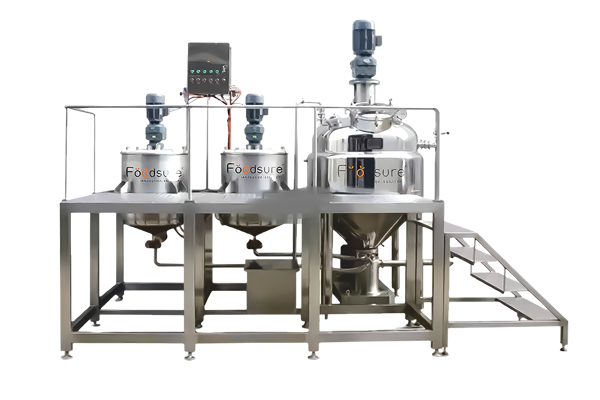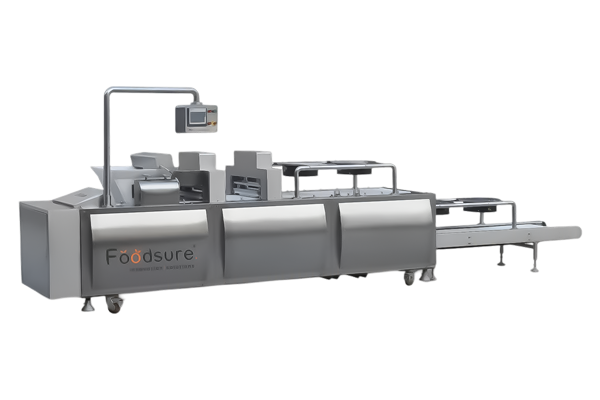Bihar’s makhana processing machines aren’t sitting in giant factories; they are transforming villages. Local teams are using graders, roasters, flavoring drums, and packing machines to turn raw makhana into branded, retail-ready products. Farmers are earning more. FPOs(farmer-producer organizations) are running real businesses. The value stays closer to where the crop is grown.
This blog breaks down the automatic makhana machines in Bihar that are driving the change, how rural units are scaling up, and what it means if you are serious about building something in this space.
How Makhana Machines in Bihar Are Driving a ₹50/kg Profit Shift
Most farmers in Bihar grow makhana, but very few get the full value from it. The raw seeds leave the village early, cheap, unprocessed, and underpriced. Makhana machines in Bihar change that. They let the work and the money stay local. Here’s what that actually looks like when the system works.
Traditional vs Automated Makhana Processing
| 🚫 What’s Broken in Traditional Processing | ✅ What Improves with Automation |
|---|---|
| Manual work is slow, exhausting, and risky. | Faster processing completes in under 20 hours with fewer people. |
| Inconsistent roasting, some undercooked, some burnt. | Uniform quality with digital control over roasting and grading. |
| No value addition, raw makhana is sold cheaply to traders. | Local processing adds value and captures better prices. |
| Most profits and jobs leave Bihar. | Income and employment stay in the village. |
| High breakage, lots of waste, constant manual correction. | Precise machines reduce error, waste, and fatigue. |
| Low profit margins for farmers. | Profits jump up to ₹50 more per kilo, with 300–400% growth potential. |
The Core Machines Behind Bihar’s Fastest-Growing Makhana Units
If you are building village-based makhana, these are the core automatic makhana machines in Bihar that do the heavy lifting.
-
Makhana Grading Machine
This is where the makhana grading machine starts. The makhana processing machine sorts makhana by size, making sure only the best kernels move forward. That consistency matters; buyers pay more for it, rejections go down, and the rest of the process runs smoother.
-
Food-Grade Roaster (50–100 kg/hr)
Roasting by hand is messy, uneven, and slow. This makhana production line fixes that. It delivers consistent texture and flavor batch after batch, with just one or two operators. It’s clean, smoke-free, and makes sure every batch hits the safety and taste marks needed to sell at scale.
-
Automatic Flavoring Drum
This is how small-scale makhana factories in Bihar start building brands. The automatic flavoring drum evenly coats makhana with spices, cheese, or masala, whatever the market wants. You can launch multiple flavors confidently, tap into modern snacking trends, and turn a raw seed into a product line.
-
Makhana Pouch Packing Machine
Speed matters. This makhana production line packs 30 to 60 pouches a minute, sealing in freshness and making every pack ready for retail. It cuts manual labor, extends shelf life, adds batch coding for traceability, and makes export or supermarket entry possible.
-
What this really means:
When they buy a makhana processing machine, rural makhana processors can control quality, increase output, expand their product range, and sell to bigger markets, all without leaving the village.
Also Read: Top Makhana Machine Companies in India
Real Case Studies from Bihar Where Makhana Machines Changed the Game
These aren’t just success stories; they are proof that with the right automatic makhana machines in Bihar and a clear plan, rural food units can scale fast, earn better, and stay local.
Madhubani FPO Scaling to ₹1 Cr+ :
- Location: Madhubani, Bihar.
- Setup: Grading + Roasting line (50 kg/hr), later upgraded with flavoring drum + pouch packing machine.
- Started by: Small village-based food startup.
- Began with basic processing, reduced manual errors, improved yield, and delivered consistent roast quality.
- Upgraded to flavoring and packing for multi-SKU production (Classic, Spicy, Cheese, Masala).
- Machines allowed quick flavor changeovers and smooth production with just 3–4 operators.
- Result: ₹1+ crore in annual turnover, stronger margins, local jobs created, and fast-growing brand recognition in regional markets.
Women’s Makhana Unit Near Darbhanga
- Location: Darbhanga, Bihar.
- Setup: 50 kg/hr food-grade roaster + grading machine.
- Led by: Local women’s group.
- Trained women in machine use, hygiene, and quality control.
- Delivered consistent, retail-grade makhana.
- Built supply ties with wholesalers and started direct-to-consumer (D2C) sales.
- Reduced manual workload and increased household income.
- Result: A self-sustaining, women-run unit producing traceable, market-ready snacks that meet both rural and urban demand.
Investment and Payback Insights from Real Makhana Units in Bihar
If you are serious about starting small-scale makhana factories in Bihar, understanding the real costs and how quickly they come back is key. Here’s what rural processors are actually spending, and how fast those makhana processing unit in Bihar start paying for themselves.
-
Entry-Level Setup (₹2.5–₹5 Lakhs):
Small-scale makhana factories in Bihar usually start here. A basic 50 kg/hour line with grading, roasting, and pouch packing gets the job done. It’s enough to improve quality, reduce wastage, and enter local or regional markets. Perfect for FPOs or small farmers who want to start adding value without overextending.
-
Mid-Scale Commercial Unit (₹12–₹15 Lakhs):
For FPOs(farmer-producer organizations) or processors with bigger goals, this setup offers 100–150 kg/hour capacity with automatic grading, roasting, flavoring, and packing. It’s built for running multiple SKUs like spicy, cheese, or classic variants. With higher output and SKU variety, these units unlock access to premium distributors and organized retail.
-
Payback and Economics:
When they buy a makhana processing machine in Bihar, it lowers labor needs and energy use, so most units break even within 9 to 18 months. Consistent processing improves yield, reduces mistakes, and gets products shelf-ready faster. The result? Quicker returns, stable income, and a real path to rural scale without burnout.
This isn’t theory. These numbers reflect what’s working across Bihar. Even if you are starting small or ready to scale, smart investment in makhana machinery is proving to be one of the most reliable ways to grow rural income in under two years.
Also Read: Makhana Machines Cost In India
Why Foodsure Machines Lead the Makhana Revolution in Bihar
Rural entrepreneurs and FPOs across Bihar are transforming makhana into high-value products with our Foodsure Machines. From grading to packing, we help cut labor, boost consistency, and open doors to premium markets. It’s not just processing; it’s how we help small producers grow income, build brands, and power village-scale success. Want to see how our makhana processing plant bihar can grow your rural food venture?
FAQ
1. How are makhana machines transforming rural economies in Bihar?
They have shifted the balance. Instead of selling raw makhana for cheap, villages can now roast, grade, and pack it themselves. That means better quality, more jobs, and money staying local. Automation makes it possible to be fast, consistent, and efficient.
2. What role do processing units play in raising farmer profits?
Here’s the thing: raw makhana might sell for peanuts, but once it’s processed right, it can earn ₹30–₹50 more per kilo. That margin goes straight back to farmers and FPOs who do the value addition. It’s the difference between surviving and scaling.
3. How do automated makhana machines support sustainable rural growth?
They cut down on drudgery and waste. They make skilled work possible in small towns. And they help local entrepreneurs build stable businesses that create income year-round. The impact is clear: less migration, more dignity, and stronger local economies.
4. How much does it cost to set up a Makhana machine-based processing unit in Bihar?
It typically costs ₹X–₹Y depending on machine capacity and scope.
5. Are there subsidies for purchasing Makhana machines in Bihar?
Many Bihar government/FPO schemes offer subsidies. Check local agriculture support details.
6. What is the typical output per 1 kg of raw makhana when processed with machines?
Machine processing yields close to optimal quality, about 90-95% usable makhana.
7. Is a machine-based Makhana processing business profitable in Bihar?
Yes, lower costs, higher throughput, and better quality boost profitability.
8. Who are the major suppliers of Makhana machines in Bihar?
Several regional and national agro-machine manufacturers supply to Bihar (supplier names vary).
9. How much makhana processing capacity can a machine setup in 1 acre-equivalent capacity achieve?
A small-scale machine can process yield from 0.5–1 acre’s harvest per day (depending on yield).
10. How to set up Makhana processing in Bihar using machines?
Choose a suitable machine, get subsidy, ensure raw supply and processing space, you’re ready.
11. Which regions consume the most makhana processed from Bihar machines?
Domestic urban centres in India are the largest consumers of processed Bihar makhana.
12. Is machine-based Makhana processing profitable long-term?
Yes, consistent demand and efficient processing make it sustainable.

